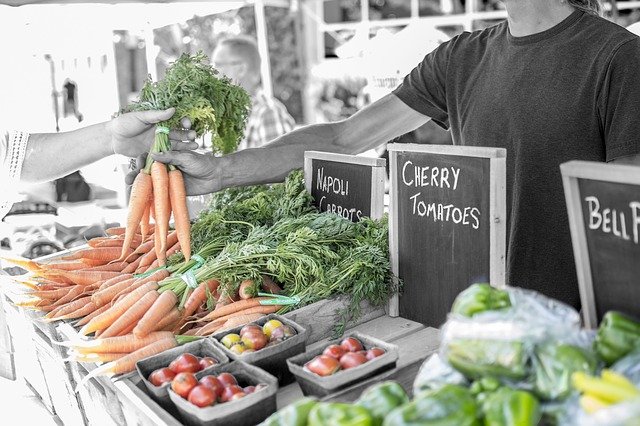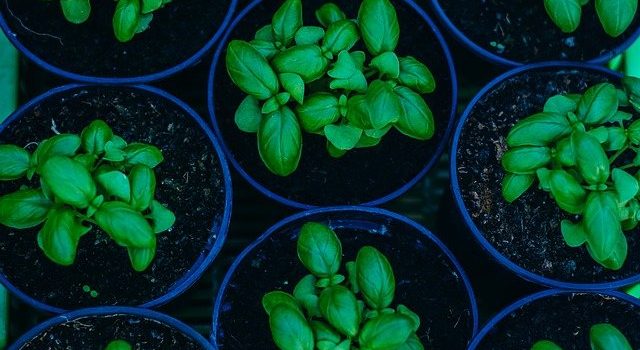
Organic gardening can be an every day part of your life, but understanding how it works can be hard. You can choose from many different seeds. The following article will provide you with advice that will help you create your dream organic garden.
Bring your young ones into the garden with you so they will learn about organic methods. A garden can teach your children about the joy of rewarding work and nutrition while bonding.
Young children will love it if you plant strawberries that bear continually, and organic gardens are the perfect place to do it. Your children will enjoy being able to pick strawberries and will be ready to help you if they can get something sweet to eat.
Coffee Grounds
Using coffee grounds as part of your soil mixture in your garden is often advised for healthy plants. Your plants will thrive from the nitrogen contained in the grounds. It is best for your plants to use coffee grounds that are part of a blend of ingredients in the compost or soil you are using for your plants, rather than directly adding coffee grounds to your garden plants.
Is there a natural way to kill weeds? A layer of newspaper, several pages thick, placed over the ground will do the trick. Weeds cannot grow without light. If you place sheets of newspaper over the weeds, they will die due to a lack of sunlight. You can use newspapers because of how nicely they break down, they can be added into compost. It can look more attractive by adding a mulch layer.
Build raised beds with untreated stone, brick or wood. If you choose to use wood, make sure it is naturally rot resistant and untreated. The best varieties include cedar, locust and cypress wood. Using untreated wood is especially important for veggie gardens, because chemicals from treated wood could leach into the soil, affecting your food. If you must use treated wood, create a barrier, such as with plastic sheet.
To be able to say you have legitimate organic and credible crops, you will need to be certified as having an organic garden. This will increase sales and shows your customers they’ve been buying from the best.
Be aware of the location you are in, and the seasonal and climate changes that occur. Make sure that you adjust your watering cycles to match these changes. The amount of water needed will change based on time of the day, the content of your municipal water and what your soil make-up is. For example, if your climate is humid and warm, you should not water the leaves because it will encourage leaf fungus. Make sure that your root system is well-watered.
Over-watering your plants can be harmful, because roots that are drowning in water cannot effectively pull nutrients out of the soil. Always check to see if rain is in the forecast before watering your plants. Depending on what the weather is going to be like, you might not want to water your plants for the day.
In conclusion, organic gardening can be a critical component of fulfilling your dietary goals. The knowledge that you gain from this pursuit is fulfilling in itself. Use this advice to begin the process of growing the best organic garden.
